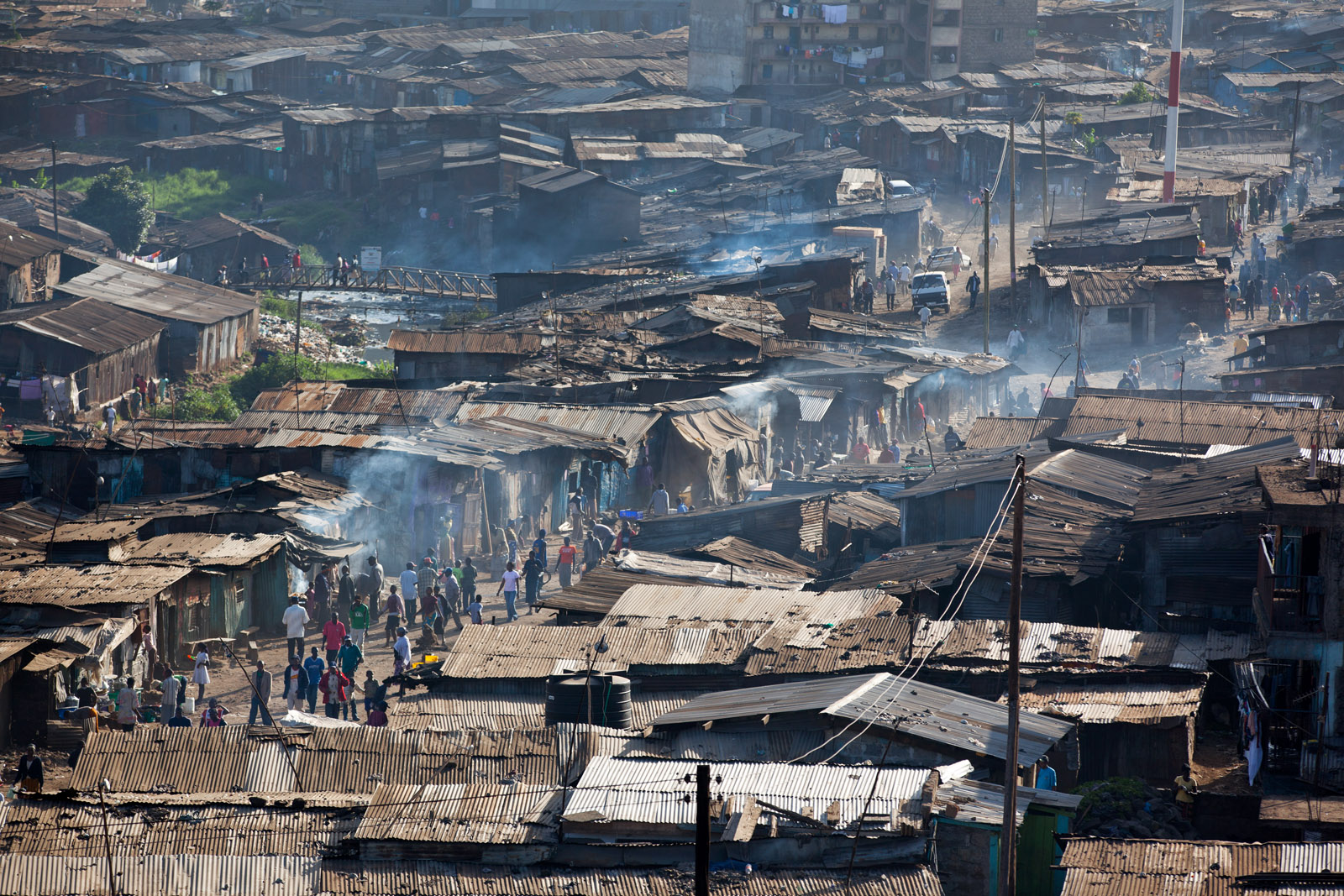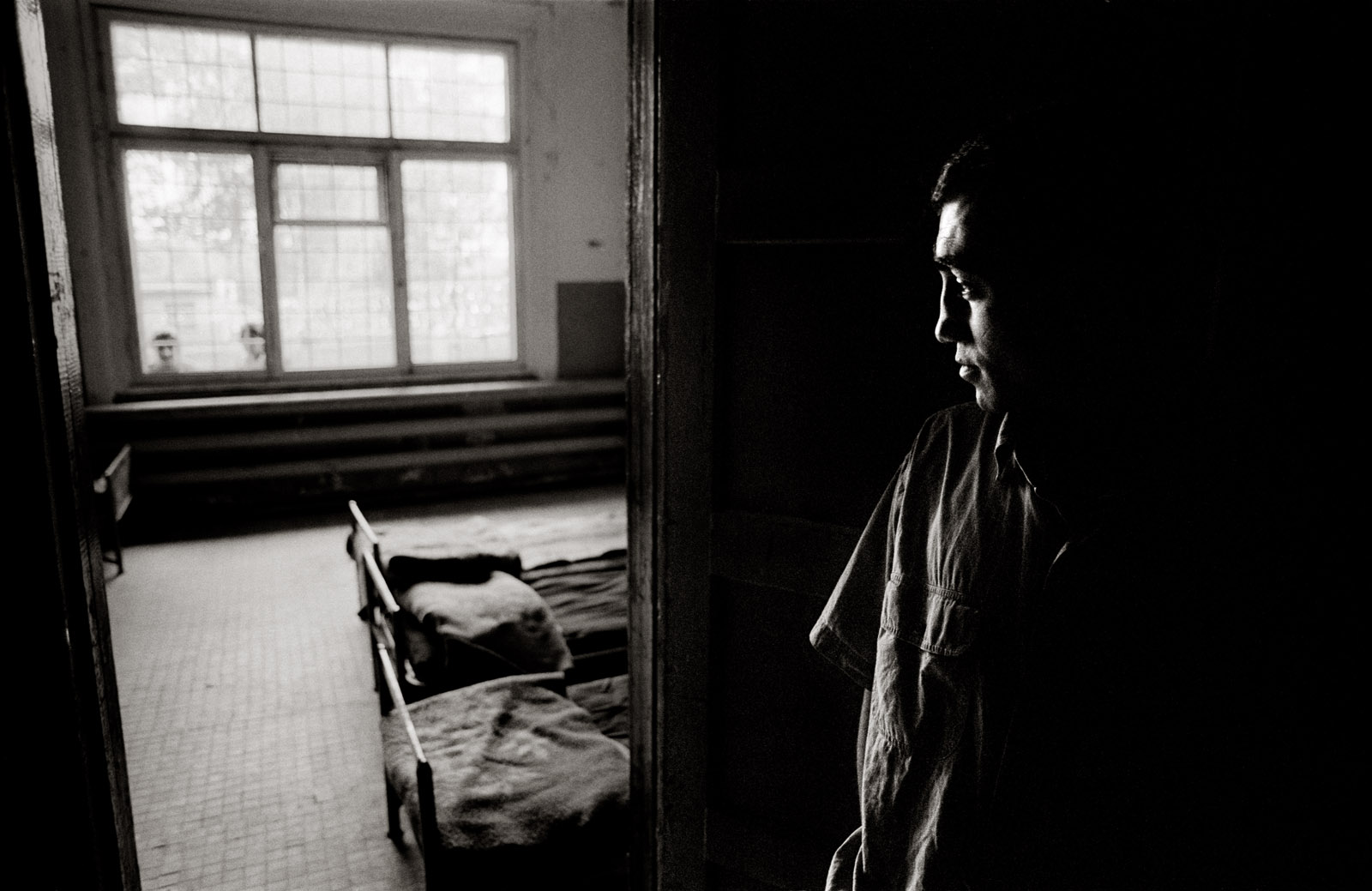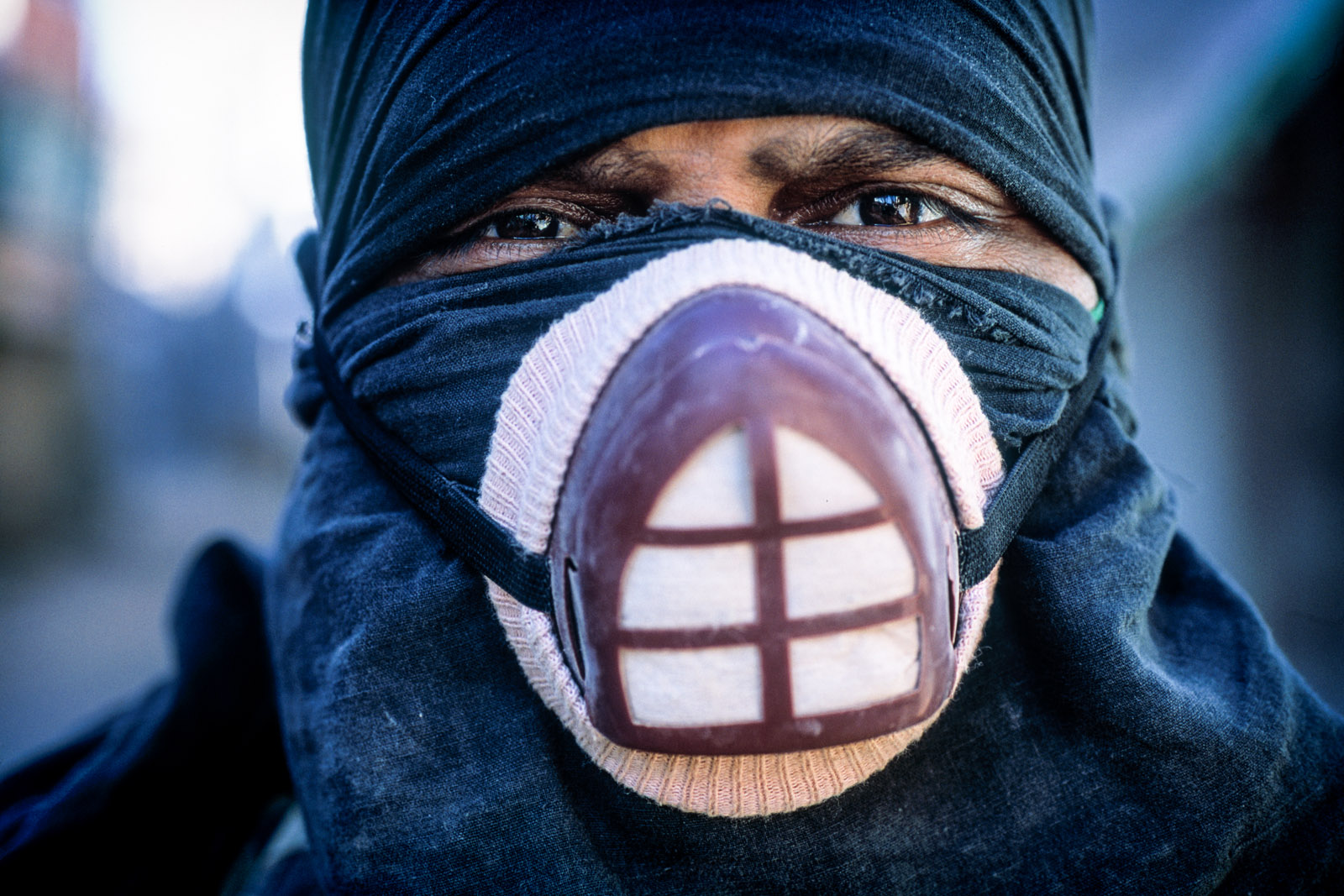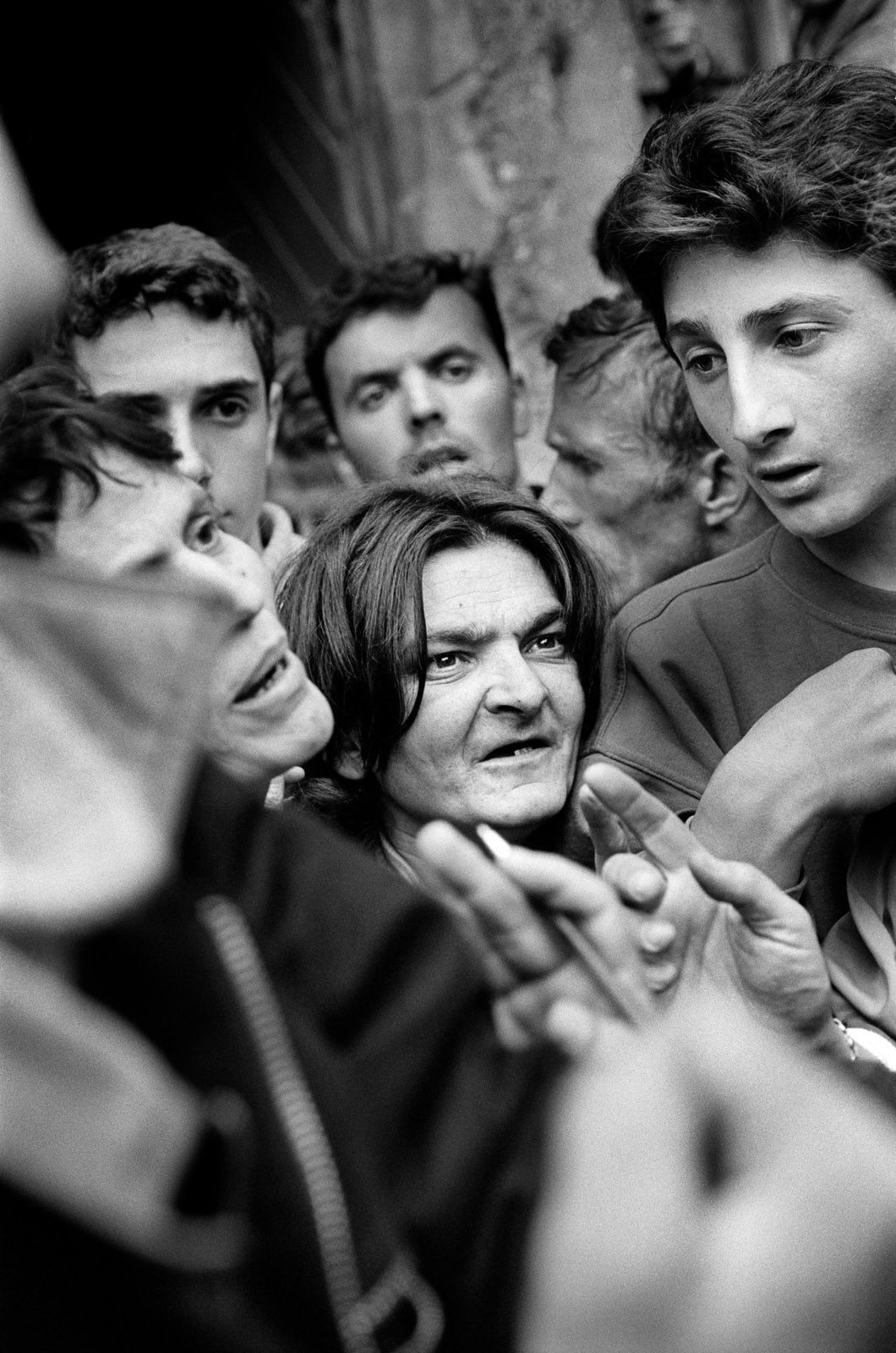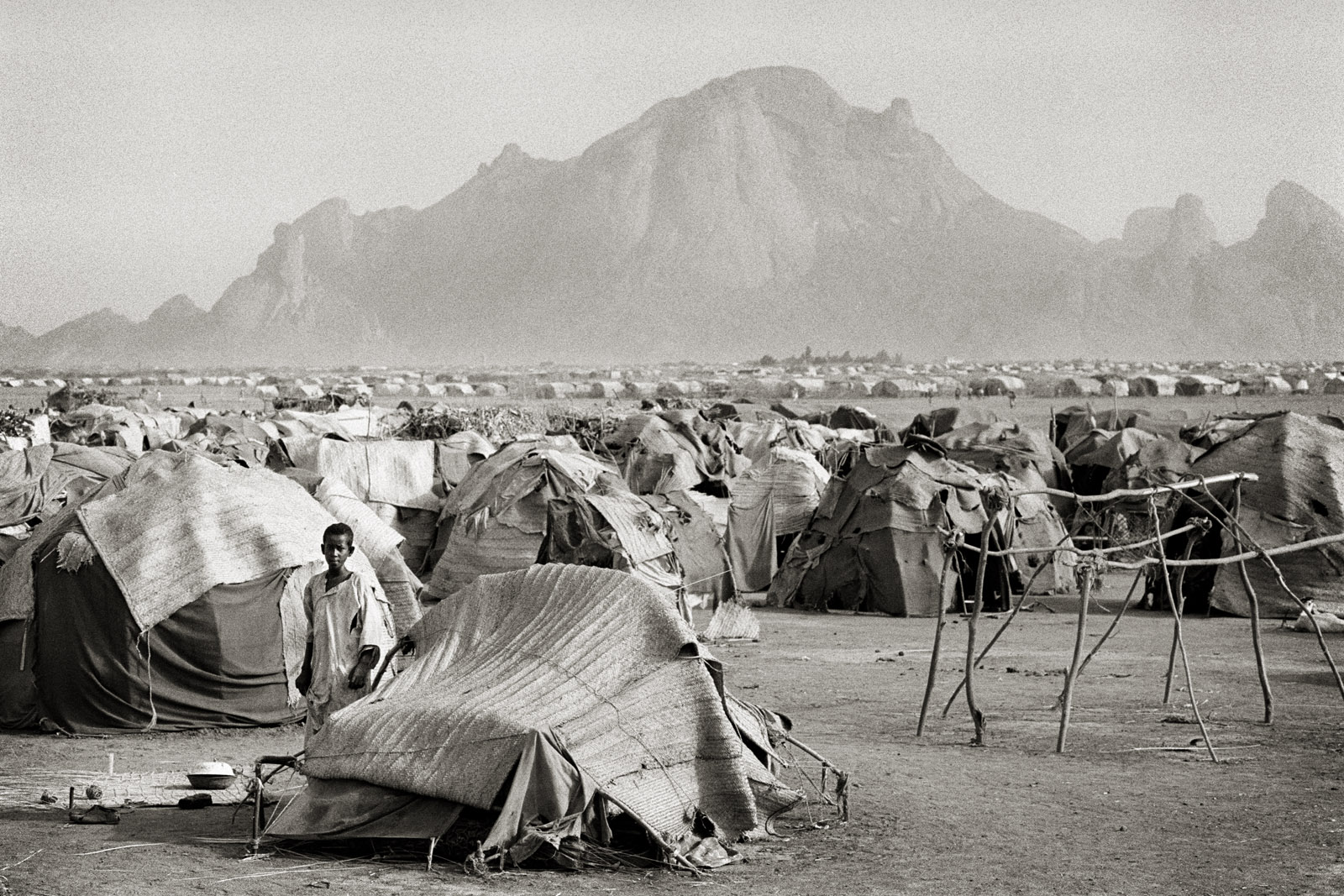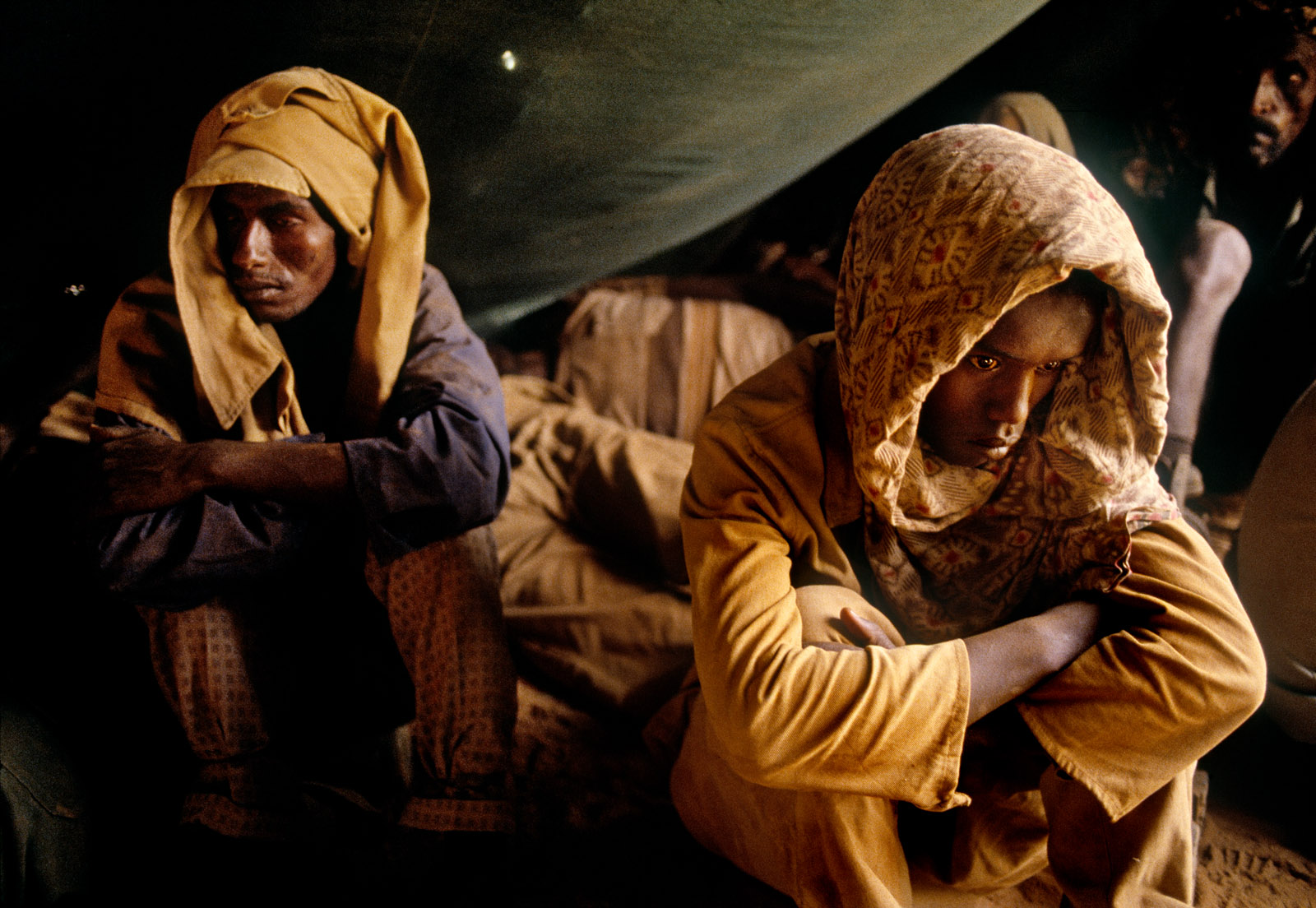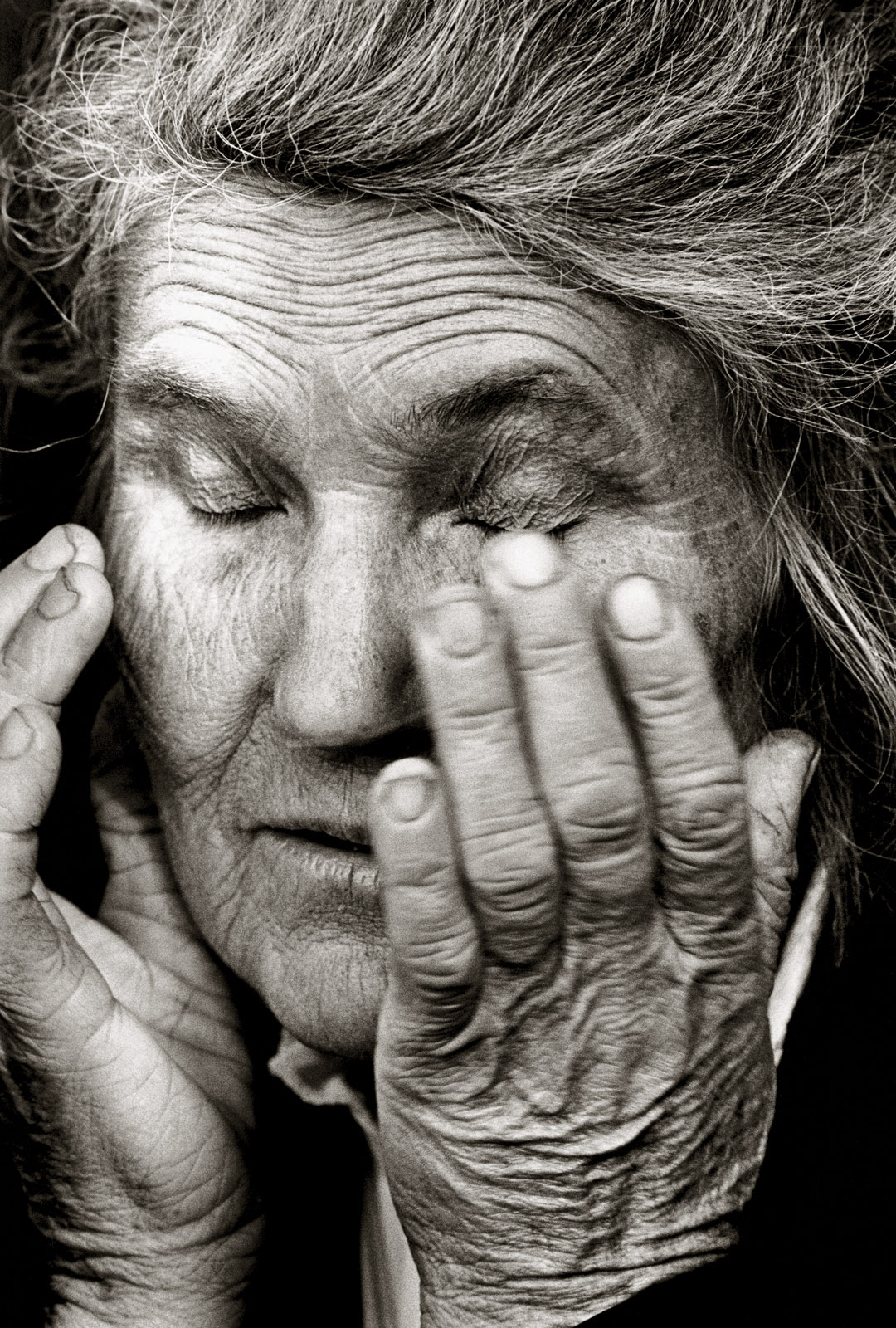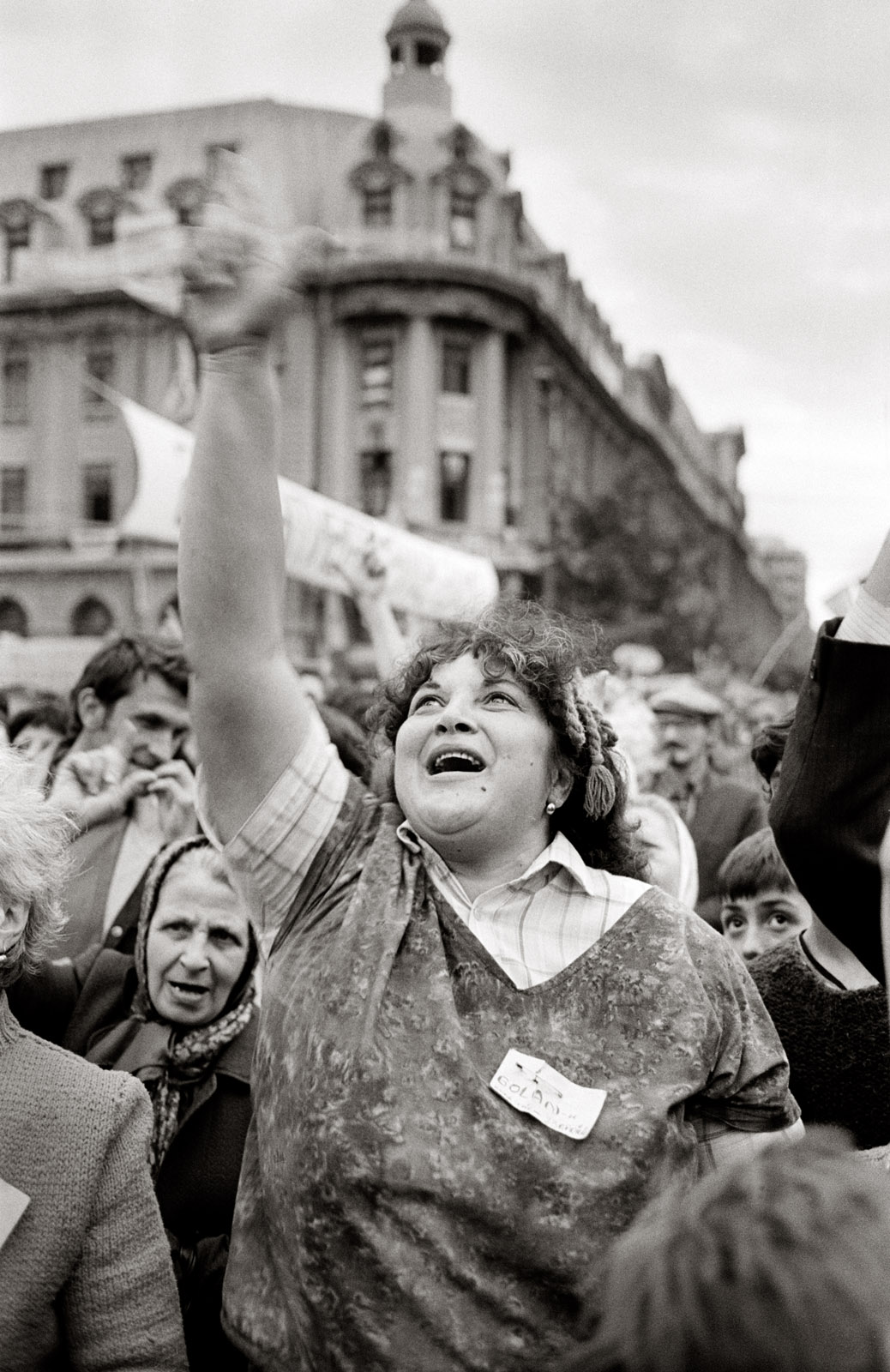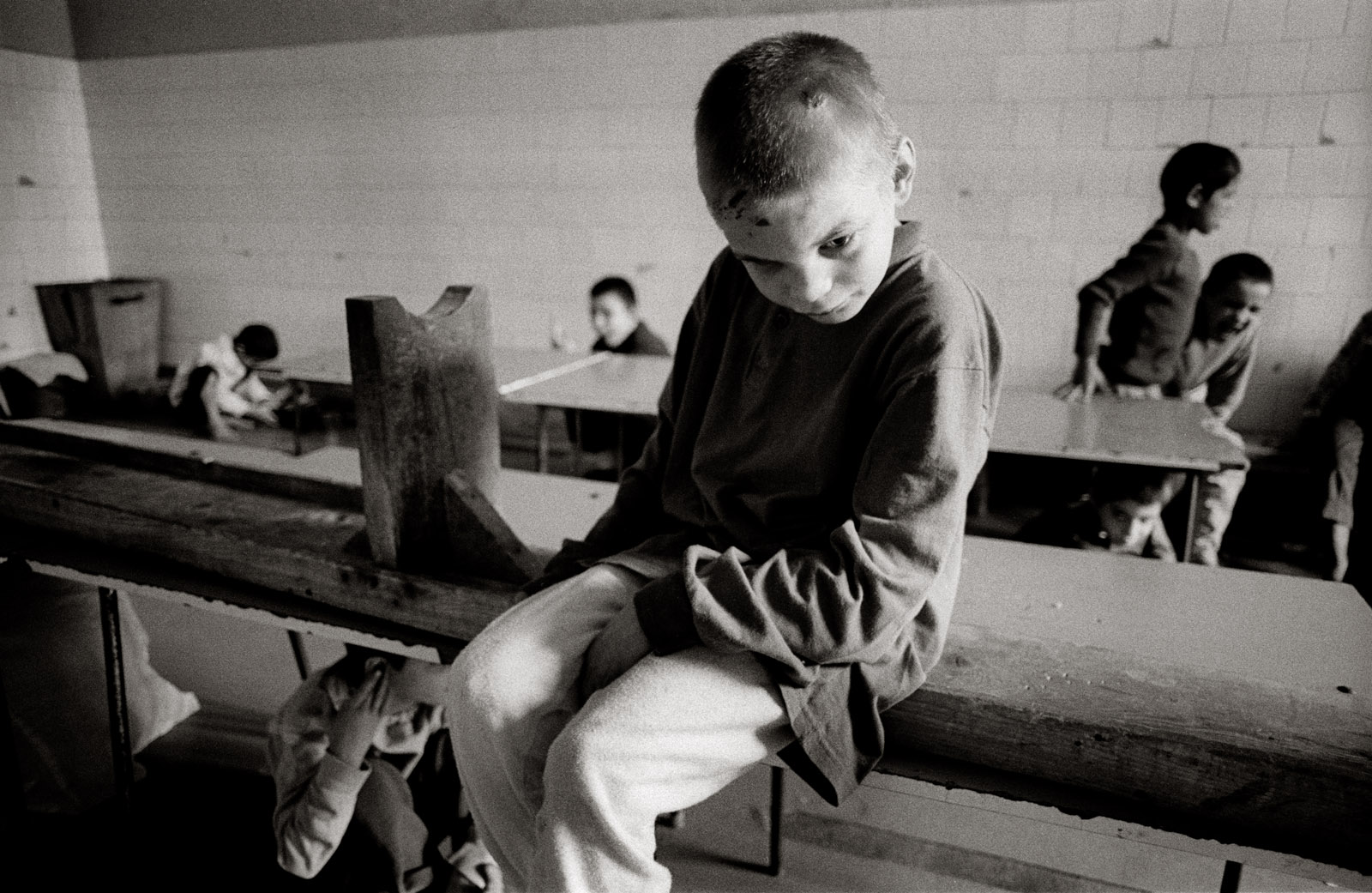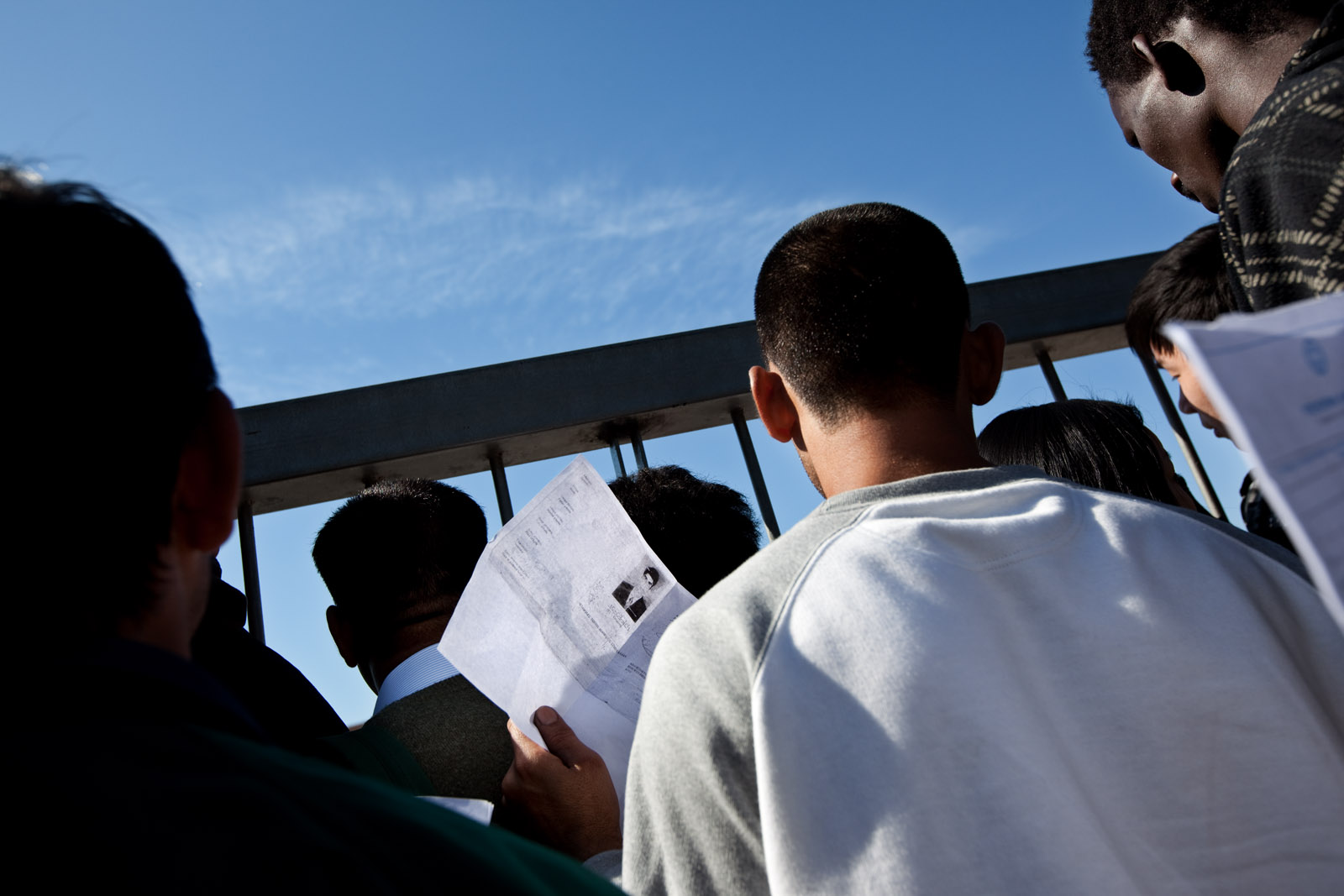
refugees #5
Category : reportage
The refugee and migrant crisis has been going on for many years without Europe having found answers to this humanitarian crisis. In 2010 I visited Athens for the Red Cross to focus on the chaos that prevailed in Greece. In practice, the asylum system was broken down and refugees lived in poverty in the streets, in crowded apartments and in camps on the islands. People slept outside a police station and tried every day to submit their asylum applications. People stood in long queues outside places where food was being distributed. A mother with her young children had been sent back from Denmark with reference to the Dublin regulation and lived on some mattresses in a corner of a crowded apartment ...
